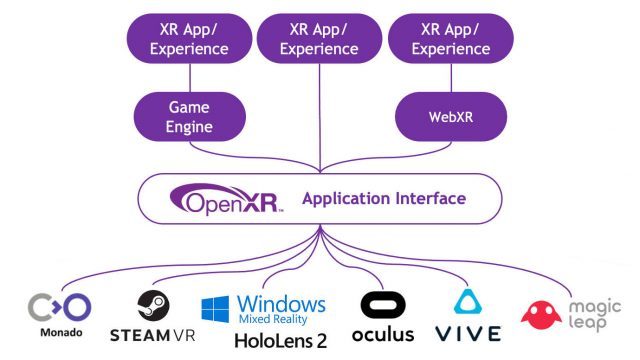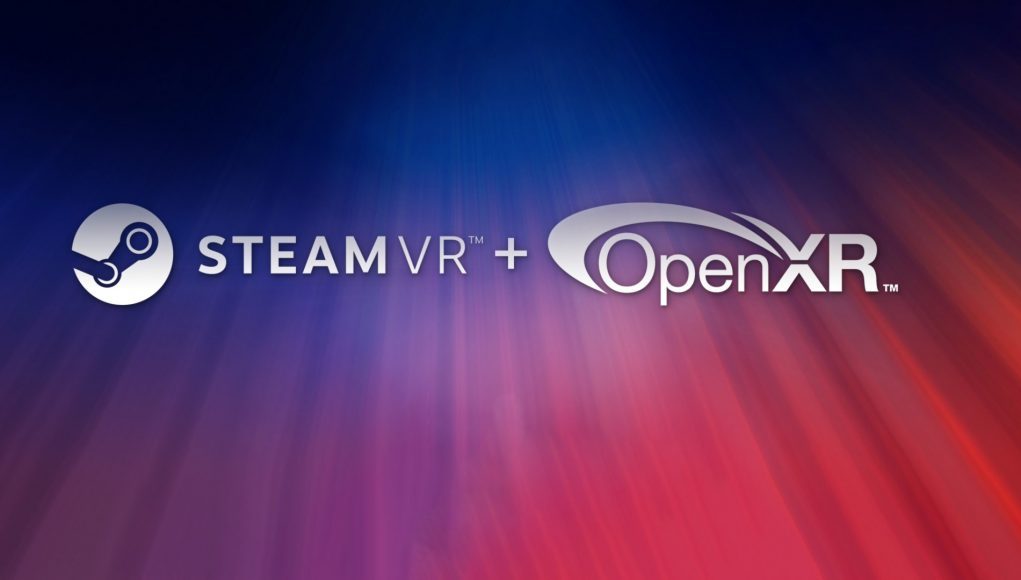The latest update to SteamVR, version 1.16, now includes full support for OpenXR 1.0, the widely backed industry standard which aims to make cross-platform VR development easier by allowing developers to build around a single API rather than porting their apps to many different APIs for different headsets. SteamVR’s support for OpenXR 1.0 is a huge step forward for the adoption of the standard.
SteamVR is the leading platform for PC VR thanks to its wide ranging support for every major PC-compatible headset. This makes it one of the most important platforms to adopt OpenXR, which will make it easier for developers to create applications which work seamlessly across a growing number of VR headsets.
Valve says that version 1.16 of SteamVR, available today to all users, “now passes all OpenXR 1.0 conformance tests on Windows for Vulkan, OpenGL, D3D11, and D3D12.”
This means that Valve is now giving VR developers the greenlight to build and distribute OpenXR apps which will seamlessly support major headsets with less work from developers. Such apps will also be compatible with other OpenXR platforms even outside of SteamVR (for instance, a developer could theoretically distribute the same OpenXR application on Steam and Oculus PC without making any changes to the code).

SteamVR version 1.16 also brings a handful of fother improvements, including more options for VR app rendering performance (like throttling, prediction, and motion smoothing). You can check out the full patch notes here.
OpenXR has been in the works for several years, and has garnered backing by many key players in the XR space. The 1.0 version of the standard was announced in 2019 and has been slowly but steadily finding its way into key VR platforms and game engines like Oculus Quest & Rift, Windows Mixed Reality, Unity, Unreal Engine, SteamVR, and more.







